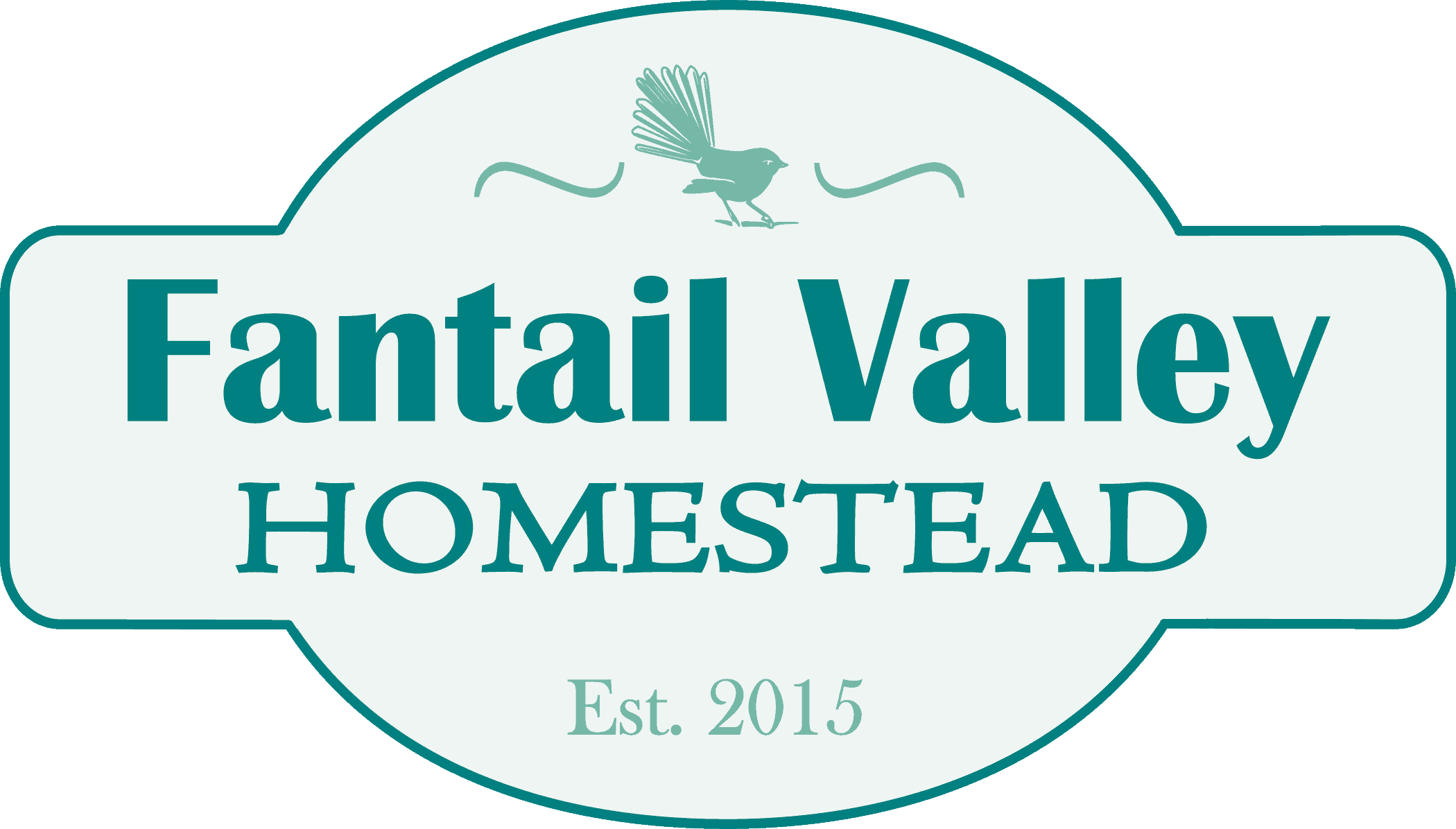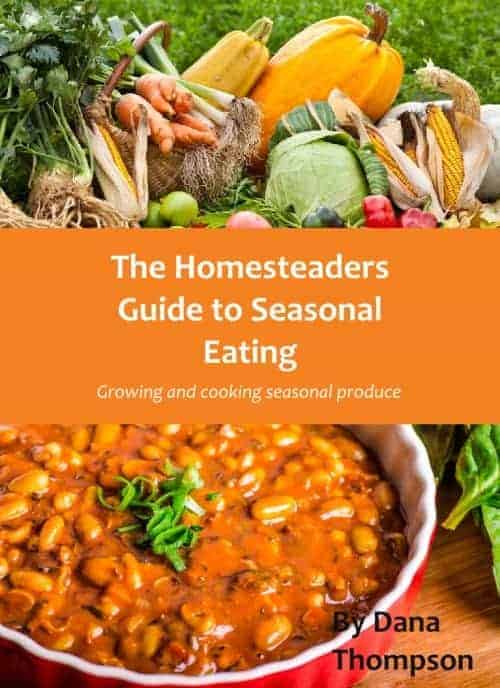This post was most recently updated on January 12th, 2021
No matter where you live, when the next recession hits, you will know about it. Another global financial crisis is merely a matter of time, not if, but when.
Please read: This information is provided for educational purposes only and is not intended to treat, diagnose or prevent any disease. We encourage you to make your own health care decisions in partnership with a qualified health care professional.
This post contains affiliate links, this means at no extra cost to you, we make a commission from sales. Please read our Disclosure Statement
Surviving a recession, and even doing well from one is possible, but you must take some steps before it hits to set yourself up well for it.
Before we get too far down this rabbit hole, let me point out, I am not a financial advisor, I am simply sharing with you what I have been researching for ourselves, and it is here for entertainment purposes only.
RELATED: 11 unique ways to save money on your groceries
RELATED: How to properly stock your pantry
When will the next Recession happen?
At the time of writing this, the New York Federal Reserve puts the probability of a recession within a year above 30% (1). This is nothing really but a guess, but many of the precursors to a recession started to line up in 2019 – unemployment is low, house prices are buoyant, the treasury yield curve is inverted (2) and confidence is low.
With the latest market crash, and the virus outbreak, things seem set to happen in 2020, sooner rather than later.
No one can predict when the recession will happen, in fact, economists can only say that it happened in retrospect!
A recession is defined as two quarters with negative GDP growth (ie 6 months of the economy shrinking), whereas a depression is when this lasts for over a year.
Did you know that the times between a recession — called an economic expansion — have never lasted more than a decade in the United States since they’ve been recorded?
Generally, recessions happen every 6-8 years in the economy cycle, and as of 2020, we are now at over 11 years since the big crash of 2008/2009.
5 Steps to Preparing for the next Recession
Like most things in life, prevention and preparation are the best ways to recession-proof yourself and your family.
1) Save, save, save
This is the one biggest thing that you can do to prepare for a recession. Ideally every household will have what is referred to as an ’emergency fund’ of at least 3-6 months of expenses saved up and kept in an easy to access place.
This is not the time for long term investments – this needs to be cash on hand (in your bank account is fine). Don’t lock it in to term investments or anything. A simple, high interest savings account is the best place for it – or sitting against your mortgage, offsetting it and saving you interest.
2) Reduce debt
If you have any debt, especially high interest consumer debt, now is the time to really work hard on paying that off. Dave Ramsay is famous for his debt snowball method of debt repayment.
If you lost your job, these high interest debts are the first to get sent to debt collectors and may have lots of additional fees and penalties added to the top, so the sooner you can get rid of them the better.
Best to adopt the old saying from the depression, ‘if you can’t pay cash then you can’t afford it.’ Save up for new purchases rather than adding to your existing debt.
3) Network!
You never know who you might meet or when. It is always a good idea to have your CV up to date and take advantage of networking. Generally with jobs, especially when the going is tough, it is who you know that will keep you employed. So never miss an opportunity that presents itself to talk to new people and network. If you have a LinkedIn profile, get it up to date too.
If things get really hard, having good relationships with your neighbours can be critical to your survival. Find out what skills and resources you and your neighbours have between you, and work out ways that you can help each other out.
Don’t know your neighbours yet? Make them a cake or some brownies and pop over to say hi!
4) Learn to garden
It is all well and good saying that you will grow your own food if you have to, but gardening is a life skill that you need to practise and perfect.
Learning to garden before you and your children’s lives depend on it is a wise move.
This is my book on everything you need to know about starting a garden, and what to grow when and what do with the produce once you have it. Find out more here
5) Assess your risk profile
If you have investments in high risk places, you may want to decide if this is what you want to be doing heading in to a recession. High risk can also may high returns, on the converse you may also have high returns as well.
If you have multiple properties, and your mortgage payments are super high, now might be a good time to decide if this is sustainable for you.
How to Survive the Next Recession on the Homestead
If you have land, even just a small urban homestead, you will be in a much better position to survive the next recession, and come out on top.
If you don’t yet have a homestead, now is a good time to learn some homesteading skills that you can do anywhere.
1) Get a Side Hustle
Relying on one place for your income probably isn’t wise. Look in to ways to use your skills and land to bring you in some more money. Starting a blog is one way – read here for all my tips for starting one of your own.
Breeding animals, growing plants, making food, there are so many options. Here are some great work from home side hustle ideas, and here are some ways to make money with your homestead.
Renting out a room, or a cabin on Air B n B is a great way to bring in some spare coins! Running workshops or teaching classes can help too.
2) Grow your own food
This is going to be a big one! During the great depression every home had a vegetable garden, backyard chickens and many also had meat rabbits.
These are things that you can do even in the city if you have a small plot.
Doing these things will also help you lead a more frugal life, build your resilience and boost your confidence, even if a recession never happens.
Learn to preserve and can your excess produce so nothing goes to waste.
3) Don’t pay for something you can do yourself
In the last 3 years, thanks to DIY youtube tutorials I have fixed our washing machine, freezer, dishwasher, vacuum cleaner and hubby has fixed his chainsaw twice, his log splitter and learned how to change the oil in our cars.
Don’t be afraid to try something yourself! (as long as you do it safely – electrical work should be done by a licensed professional)
4) Go off grid
Whether you take your whole house off grid by investing in a solar or wind array, or you just practise living without power, the skills you learn will help you keep your electric bills much lower.
Try cooking with a solar oven, on a fire, or even just using a crockpot rather than heating your whole oven for dinner.
Take the family camping and practise using gas cookers, and going without all the modern technology.
5) Learn to cook from scratch
When money gets tight (or if you are being frugal trying to save for your emergency fund) cooking from scratch at home is a skill that will save you thousands of dollars over the course of a year.
If you are growing your own food, it makes sense that you learn to also cook it!
Learn to bake bread at home. Did you know you can make bread using nothing more than flour, salt and water? You can harvest wild yeasts to make your own sourdough starter, and make the most delicious bread.
Sourdough is more nutritious and more easily digested too.
6) Forage for food
When times get tight, make the most of the free food that grows around you in the wild – try hunting, fishing, mushroom harvesting or finding other surprising foods that grow around you.
7) Save money in the bathroom
Many of these plastic-free, more sustainable personal care products are also a lot cheaper and last a lot longer – like the old timey safety razor and its 2c blades.
For the ladies, invest in a menstrual cup, not only is it healthier, it is cheaper and they last forever! Check out my ultimate guide here.
Make your own soap, bee balm, and body butter, ditch the shampoo and make apple cider vinegar for a whole range of uses.
8) Ask for Granny’s recipe book
Stocking up on some good, old fashioned cook books from during the depression and war time is a great idea. You will learn some new recipes, and many are full of tips and tricks to make your pennies (and food) go further.
9) Build a library
There are so many skills that you can learn to do yourself with the right tuition. Here are the top 20 books that you should have on your shelf in case of emergency.
10) Learn to go without
How many subscriptions are you currently paying for? Do you really need any of them? Do you really need those new clothes, or shoes or whatever else you have bought this week?
Treat talk of a possible recession as an opportunity. This is the best time to take a deep look at your finances and thinks of ways to cut on unnecessary expenditures. The you should directly funnel the savings into your bank account.
11) Hunt for deals
If you have to pay for something, hunt around and get the very best deal. Get quotes from several places and play them off of each other. Many companies will lower their rates just to get your custom.
This works for mortgage rates, insurance, phone companies, retail stores, and pretty much anything you need to purchase.
12) Buy quality
If you can’t make it, or make do without it, make sure you get a good quality item. Often older items are cheaper and are made better than some of the cheap junk you can buy in stores new.
Better to pay a little more for something that will last you a lifetime than buy something cheaper that you will keep having to replace. It is false economy, and the cheaper items will end up costing you much more, as well as creating a lot more waste.
13) Barter
Along with haggling for the best price, don’t be afraid to offer to barter rather than pay money for goods and services. You can use your skills, your time or some of your own produce/meat/eggs/other things you make as items to barter with.
You might be amazed what you can buy with half a pasture raised pig or a few organic chickens.
14) Sort your transport
Fuel costs continue to rise. Save money by using a bicycle when you can, use public transport, carpool with friends, family and neighbours, have stay at home days and maybe even look into getting an electric car.
15) Enjoy life
In order to avoid recession depression, don’t let fear control you.
Be thankful for what you have, and make sure to have fun. Instead of not taking a family vacation, for example, take a Staycation or exchange your home with another family for free accommodation instead.
Invite your family to think of creative ways to save money without skimping on happiness. Play board games, go for a walk or a swim at the beach together.







